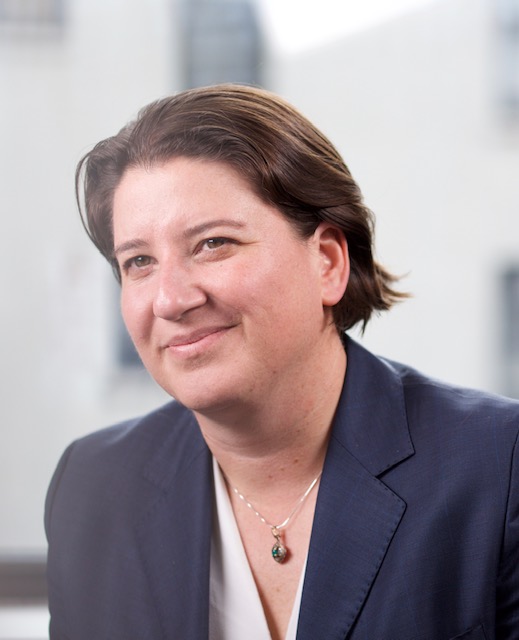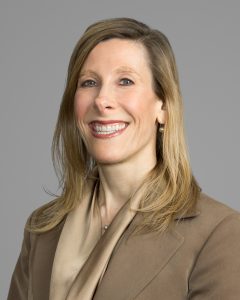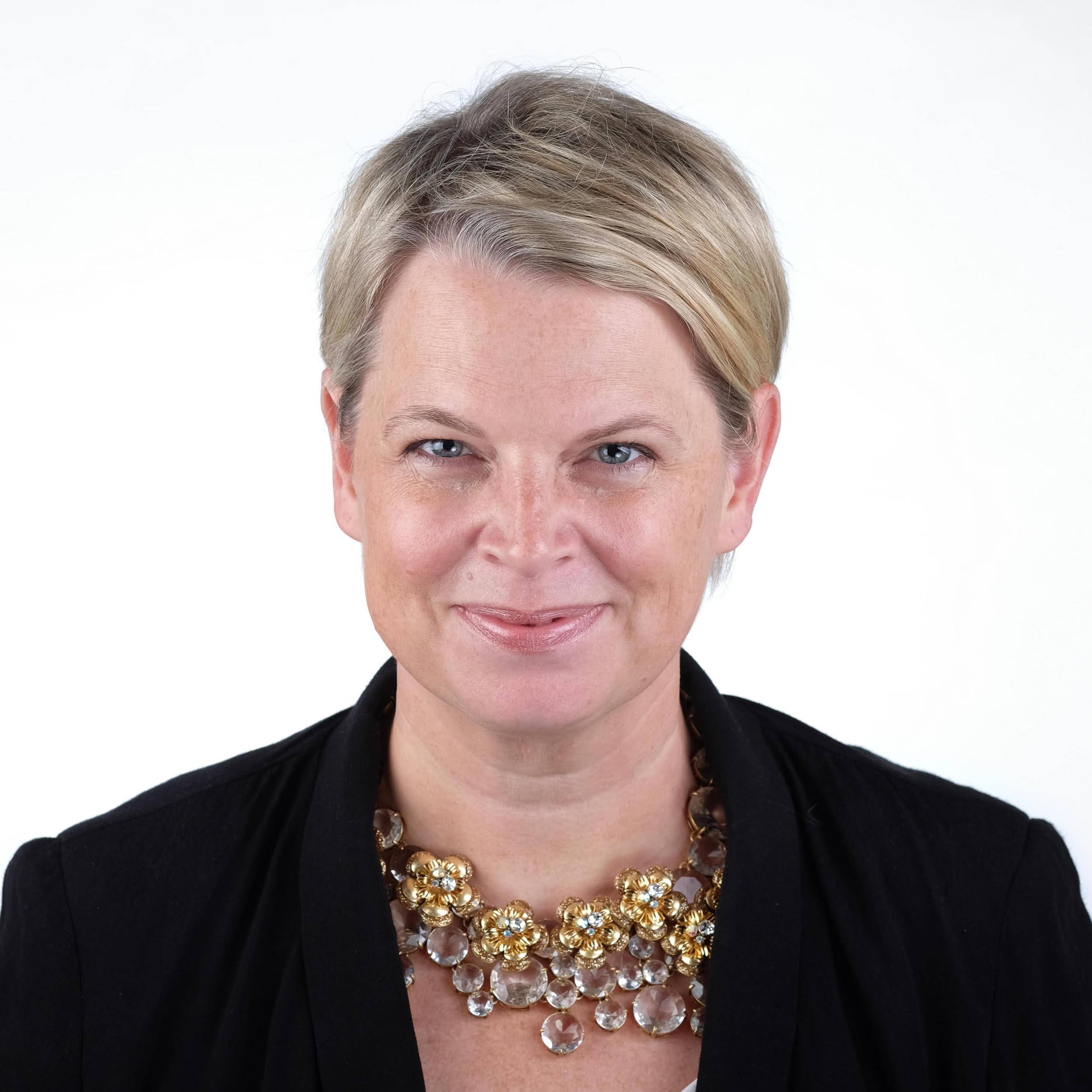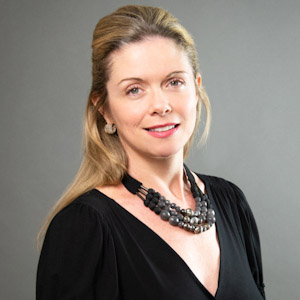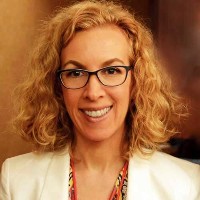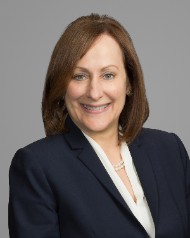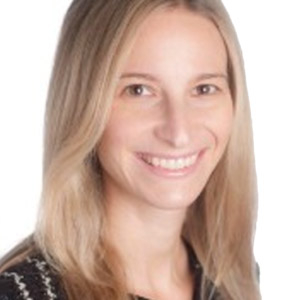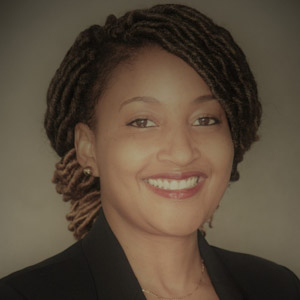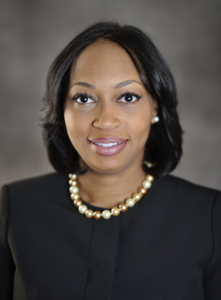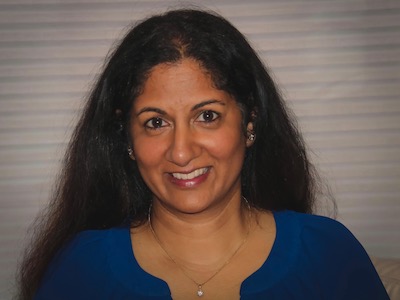 Building your ideal career can take a lifetime, but Semcasting’s Geetha Neelakantiah says she wishes there were more resources and guidance out there for younger people to get them started on the right path early on.
Building your ideal career can take a lifetime, but Semcasting’s Geetha Neelakantiah says she wishes there were more resources and guidance out there for younger people to get them started on the right path early on.
“Even in college, I wish I would have done more investigation into what else was out there—all the industries that are available,” she says.
While she fell into the perfect role for herself at Semcasting, which works across vertical industries, she thinks everyone should have the chance to get exposure to all aspects of business so they can decide what they’re most attuned to.
“Working for a large company is great, but it’s also important to understand how a business runs,” she says.
Exploring Her Own Destiny
That belief comes from her own process in finding the right type of job. While she is now drawn to the startup environment given its entrepreneurial mindset and out-of-the-box thought process, Neelakantiah initially graduated with an engineering degree. However, she decided to switch into accounting and finance and earned her master’s degree in those fields before eventually pursuing her MBA.
Through a robust focus on networking, she found startups in the dot.com days that needed her help—from consulting to part-time engagements—and would move to various companies as new, exciting opportunities became available. She was one of the early employees at her current company, which has been around for more than a decade, finding she could easily switch roles and use her skills in diverse disciplines—from finance and accounting to product development and sales and marketing.
“It has given me satisfaction to watch Semcasting grow and to imagine our potential continued growth as the industry changes. We are constantly at the forefront,” Neelakantiah says.
She believes that her background and perseverance in staying one step ahead and finding different opportunities will allow her to continue to help change the market and industry. Recently, she has been an integral part of building and designing a new product that they intend to launch in the coming months, and she looks forward to introducing it to her partners when the time is right.
“The marketing world is constantly changing, and I always work to stay on top of evolving marketing trends and privacy laws, ensuring we stay abreast of and even in front of changing laws. They are woven into our products as we introduce them,” Neelakantiah says.
Mentoring Others
Given her own uncertainty about the right type of path to pursue, Neelakantiah makes a commitment to talk to new hires and give them exposure to not only what they’re doing in their day-to-day roles, but also the bigger picture, so they can see the impact they are having for the brand and company’s success.
She appreciates the chance to help others since she didn’t initially have a lot of female role models. “You have to remember how you got to where you are and help women take ownership and figure out how to get where they should,” Neelakantiah says.
That’s why she believes it’s important for more seasoned employees to help younger ones who are just coming in; who might have held a few positions yet don’t fully understand the industry. “Often, they need guidance, encouragement and mentoring by someone who’s not their boss,” she points out.
“I work a lot but have a great private life at the same time,” Neelakantiah says, which is part of her mantra that it’s important to find the balance between your work and private life. “You can work the normal hours, but you need to ask yourself where you can optimize and make a bigger impact; in other words: working smarter, not harder.”
Knowing that she is “not a winter person,” Neelakantiah understands that spring, summer and fall are her times to enjoy, and she will alter her schedule as needed to ensure she can spend more time on herself during those months, doing what she loves.
She and her fiancé enjoy golfing, and she even plays with the LPGA Amateur Association, which allows her to have social time with friends while maintaining an element of competition.
But ultimately, she says, family and friends are what matter. “We are realizing that more than ever,” she says. “The work will be there, and we have to figure out how to create the balance.”
by Cathie Ericson

